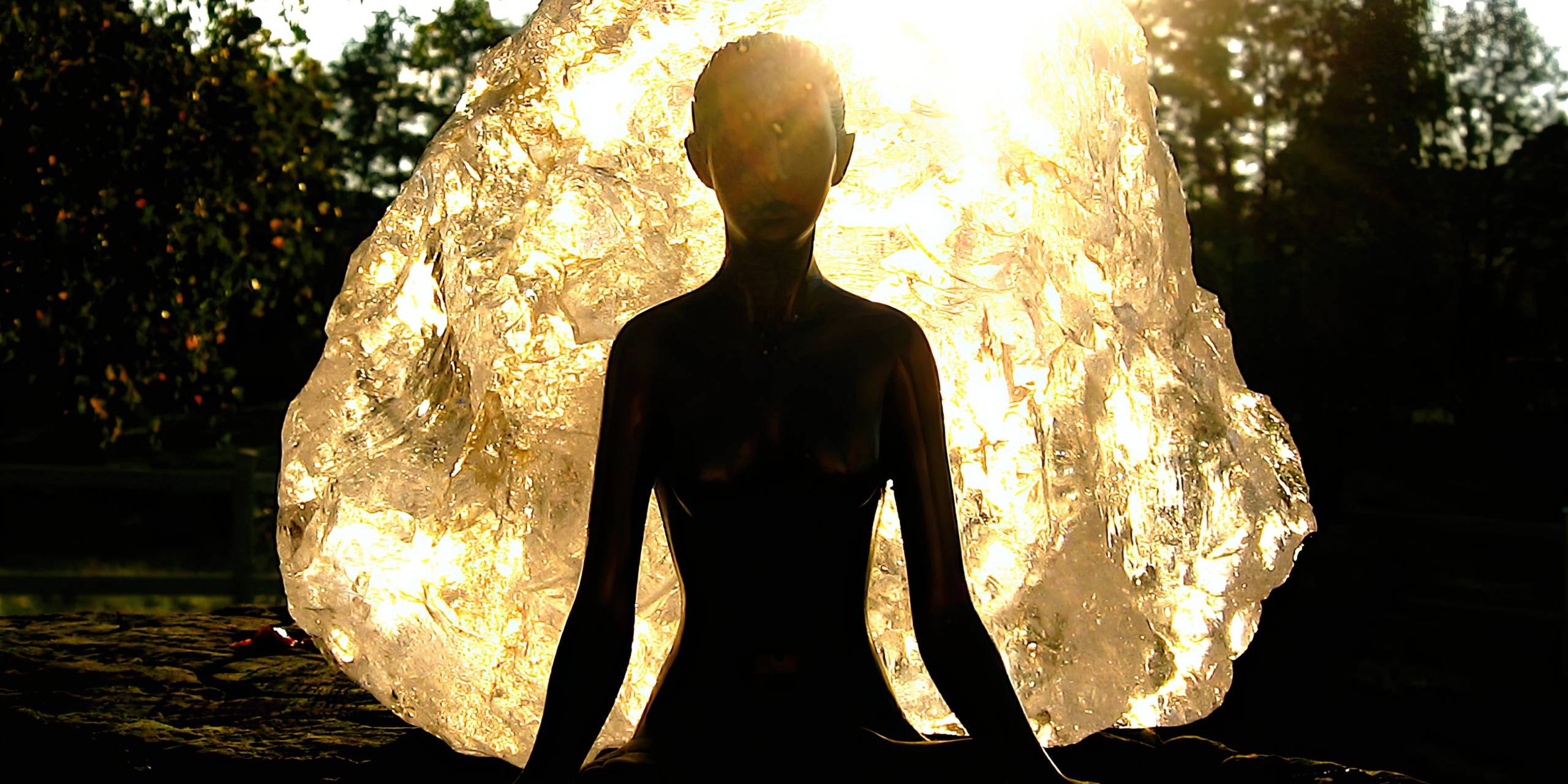Deep within each of us, there exists an inner child – an echo of our past experiences, emotions, and vulnerabilities…
In the process of reparenting or parenting, we may experience triggers when our inner child or our child feels helpless.
Our high expectations and societal norms can hinder our ability to acknowledge and accept the vulnerability of our inner child or the child we're caring for
Witnessing our inner child or our child in vulnerable situations can stir up our own unresolved childhood memories and emotions. This can give rise to intense emotions like sadness, frustration, or anxiety, which we may find challenging to confront or integrate and may attempt to avoid or suppress.
Seeing helplessness as a “weakness,” we may downplay or ignore the experience of helplessness. Our high expectations and societal norms that emphasize self-reliance and independence can further hinder our ability to acknowledge and accept the vulnerability of our inner child or the child we’re caring for. Personal insecurities and fears about our own parenting capabilities can further contribute to our reaction.
Consequently, we may reject the perceived helplessness and by that also our child or inner child as a means to distance ourselves from our own uncomfortable feelings.
Image header: psinderbrand, CC-BY-2.0





